How the McCourt School is reimagining youth justice
This story was written by Kimberly Iverson as part of the McCourt School’s annual alumni magazine, Policy Perspectives.
After 18 years, the McCourt School’s Center for Juvenile Reform has rebranded as the Center for Youth Justice, highlighting its transformative approach to serving young people and families.
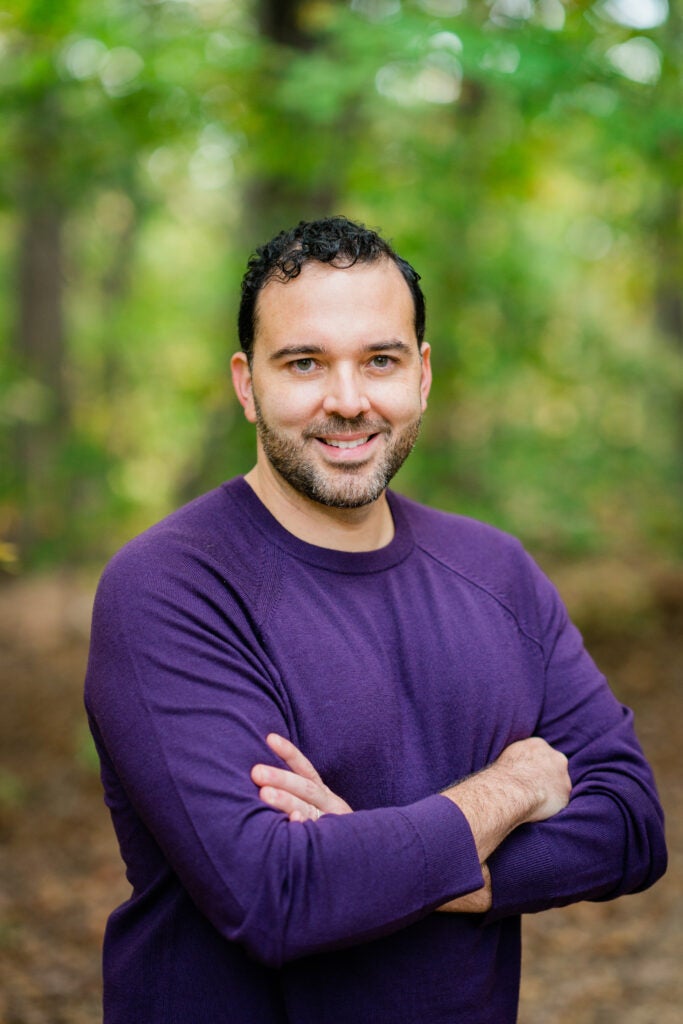
Michael Umpierre, Center for Youth Justice director
A powerful shift is underway at the McCourt School. After 18 years, the Center for Juvenile Justice Reform at Georgetown University has been rebranded as the Center for Youth Justice, indicating its commitment to a development, strength-based and transformative approach to serving youth people and families.
The word “juvenile” often carries negative connotations, Michael Umpierre, the center’s director, explained. The rebrainding is an intentional move away from a term associated with punitive models, embracing a vision of justice that prioritizes growth and potential.
“We wanted to be holder and more courageous,” Umpierre said. “It signals the aspirational goal of achieving justice for all young people moving forward, but still gives us the space to think boldly, courageously – to reimagine systems.”
The center takes a data-driven approach to its work advocating the real-world improvements in the child welfare and juvenile justice systems, conducting rigorous research that seeks out the root causes of the youth legal system’s issues. It collaborates with its partners to develop program evaluations, research, policy studies and data analysis and visualizations, and helps agencies build out the capacities they need to improve their own analytical practices.
Its vision goes beyond reform to a fundamental reboot of how systems operate to best serve the needs of children, families and communities. The strength-based approach recognizes that youth thrive when given opportunities to develop and apply skills through education, programming and prosocial connections. But cultivating relationships with supportive adults is also a key component. Umpierre points to Vanderbilt Institute for Public Policy Studies Professor Mark Lipsey’s meta-analysis of hundreds of youth justice interventions, which found that such approaches consistently reduce recidivism and improve public safety. Conversely, research clearly shows that punitive and correctional models fail.
These insights are personal for Umpierre. His parents were Cuban immigrants who emphasized education, hard work, kindness and giving back. Their support, despite limited resources, fueled his decades-long career in youth advocacy, public defense and justice administration. He’s witnessed progress, yet sees persistent gaps in how the country supports young people, especially within intersecting systems like child welfare, education and behavioral health.
The center is committed to bridging these gaps and identifying better outcomes, and part of its mission as a McCourt School research center is to nurture every child’s potential. This means advancing a holistic, strength-based approach for youth, promoting authentic partnerships with youth and their families, improving cross-system collaboration and preventing legal system involvement when possible. The center advances racial justice and equity in the youth legal system to ensure every young person has opportunities to thrive.
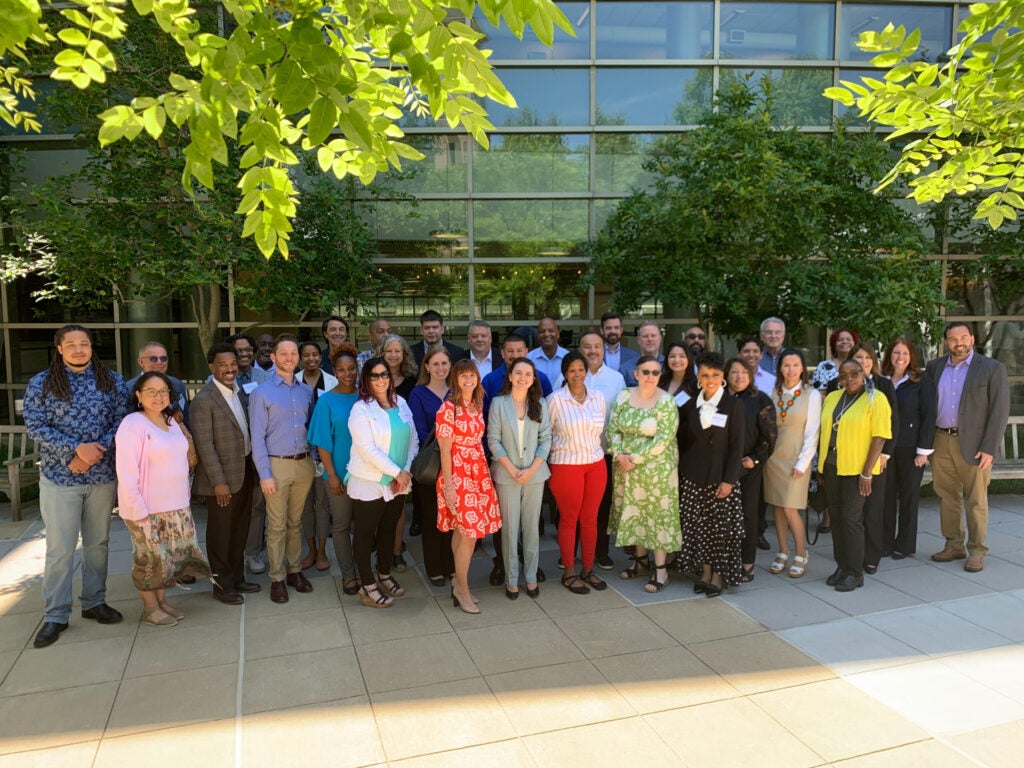
Participants and partners in the Center for Youth Justice’s Transforming Juvenile Probation Certificate Program.
These foundational principles are the bedrock of the center’s most impactful work, notably its hallmark Crossover Youth Practice Model (CYPM). Designed to support youth navigating child welfare and justice systems, the model tackles the fractured, siloed approached burdening families by reducing the number of “crossover youth” on child welfare and in the criminal justice system. Since 2010, CYPM has spread to over 120 U.S. communities. Independent evaluations consistently prove its effectiveness, earning it recognition from the Department of Justice and California’s child welfare clearing house.
The center’s new name “signals the aspirational goal of achieving justice for all young people moving forward.”
The center’s work is critical in an era marked by alarming rates of youth mental health issues and pushback against equity, yet this vital work faces significant headwinds. Its sole reliance on grant funding means that federal cuts, such as to the grant for racial and ethnic disparity reduction, are a profound blow. To sustain its crucial programs, the center invites those who support reimagining a just future for all young people to consider contributing to its Janet Reno endowment.
Amidst all these challenges, one powerful truth shines through: Umpierre says young people are “fairness fanatics” – they inherently demand justice. A lack of trust that systems are equitable deeply impacts their willingness to engage and grow.
“My experience in working with young people,” he said, “is that they remain optimistic that things can and will change.”
More from Policy Perspectives
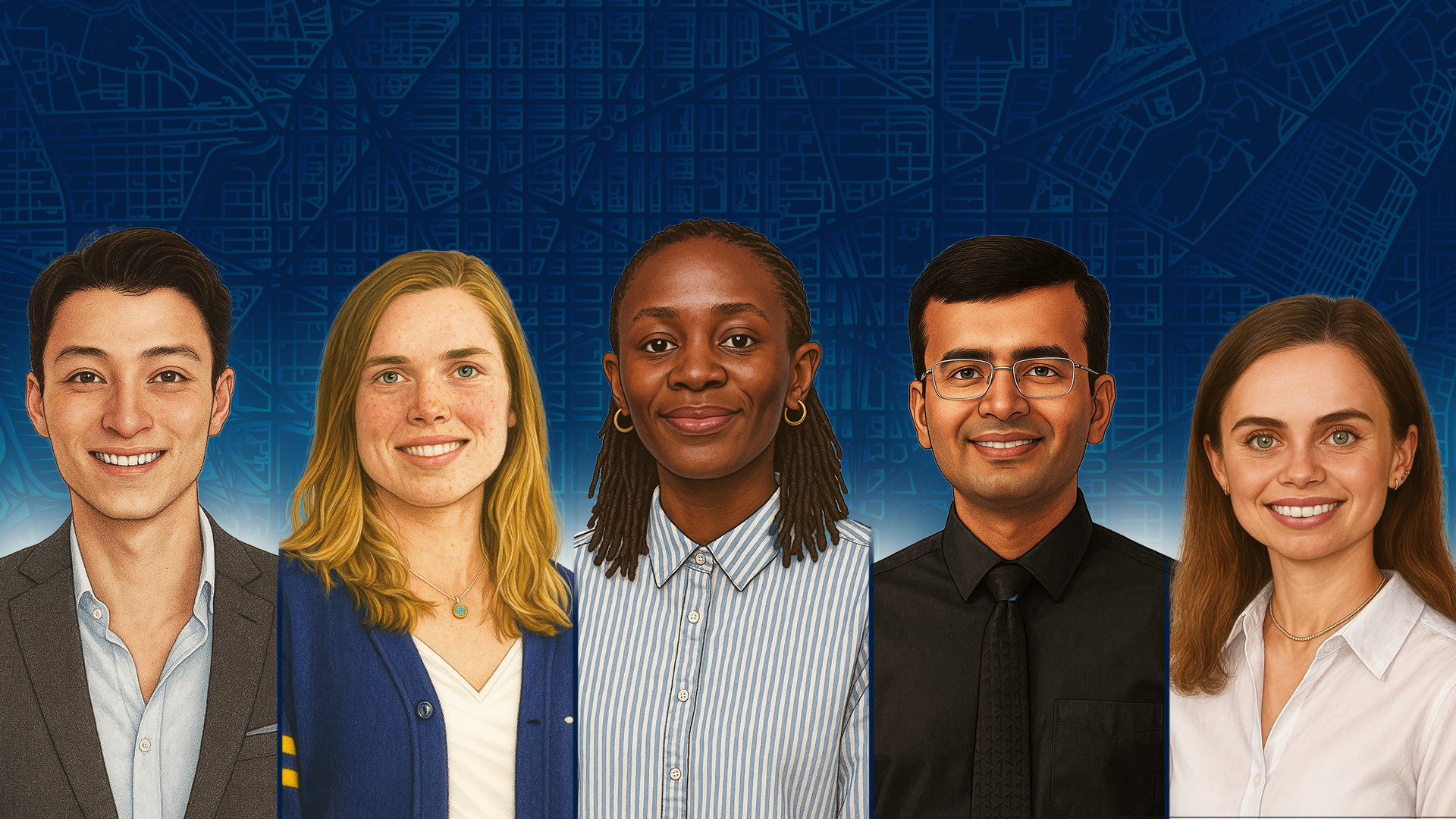
Discovery & Impact, Policy Perspectives
Introducing the 2025 McCourt Scholars
From Ukrainian revolution to Indian renewable energy planning, a wealth of diverse experience drives these new policymakers to improve lives worldwide.
September 16, 2025
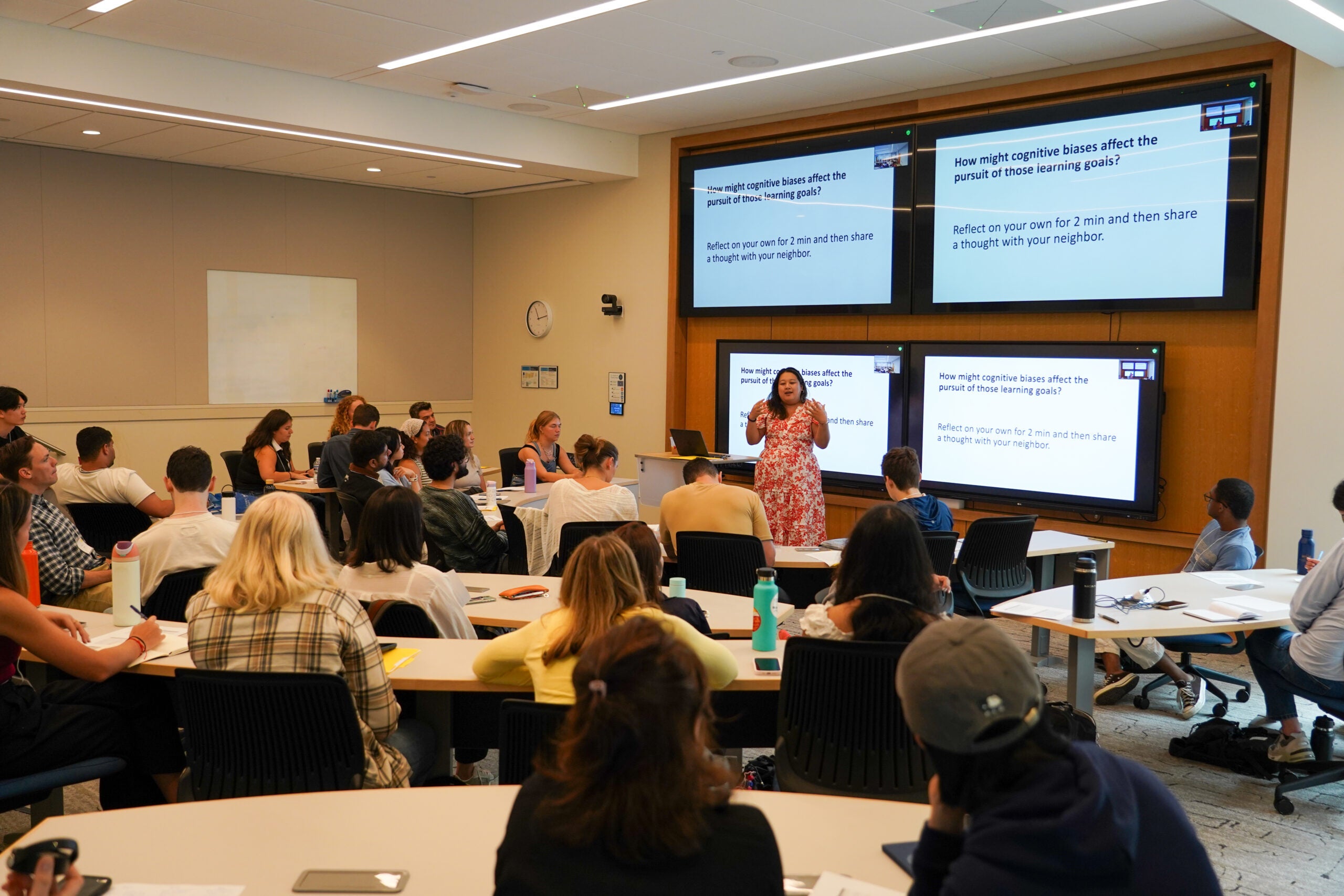
Discovery & Impact, Policy Perspectives
McCourt School welcomes assistant teaching professor Amanda Lu, professor Chris Warshaw and assistant professor Roman Gabriel Rivera.
September 8, 2025
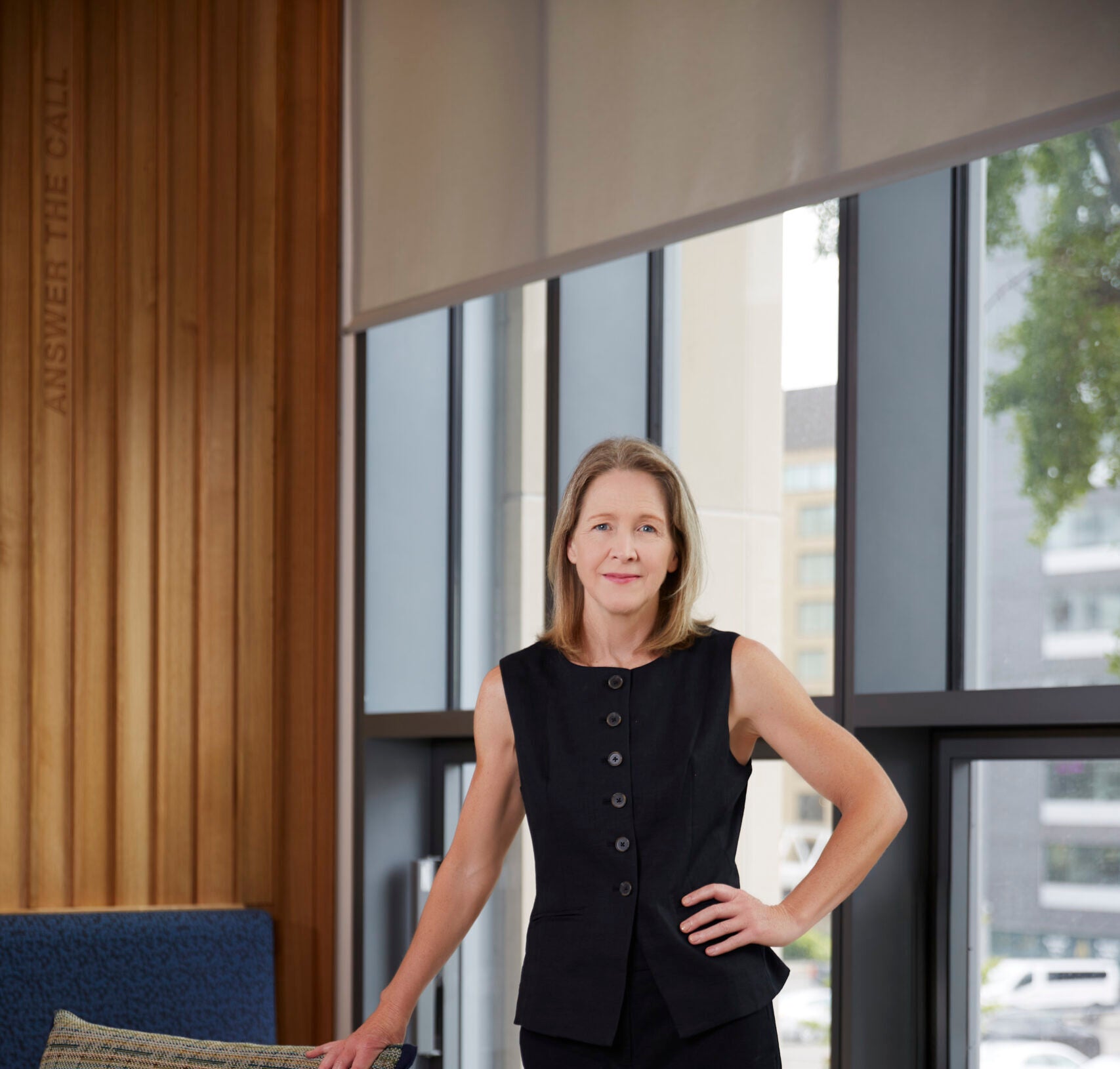
General News, Policy Perspectives
Right place, right time: Getting to know Dean Carole Roan Gresenz
Carole Roan Gresenz, The McCourt School’s new dean, talks about her earliest lessons, her career in research and the things that keep her grounded.
September 4, 2025